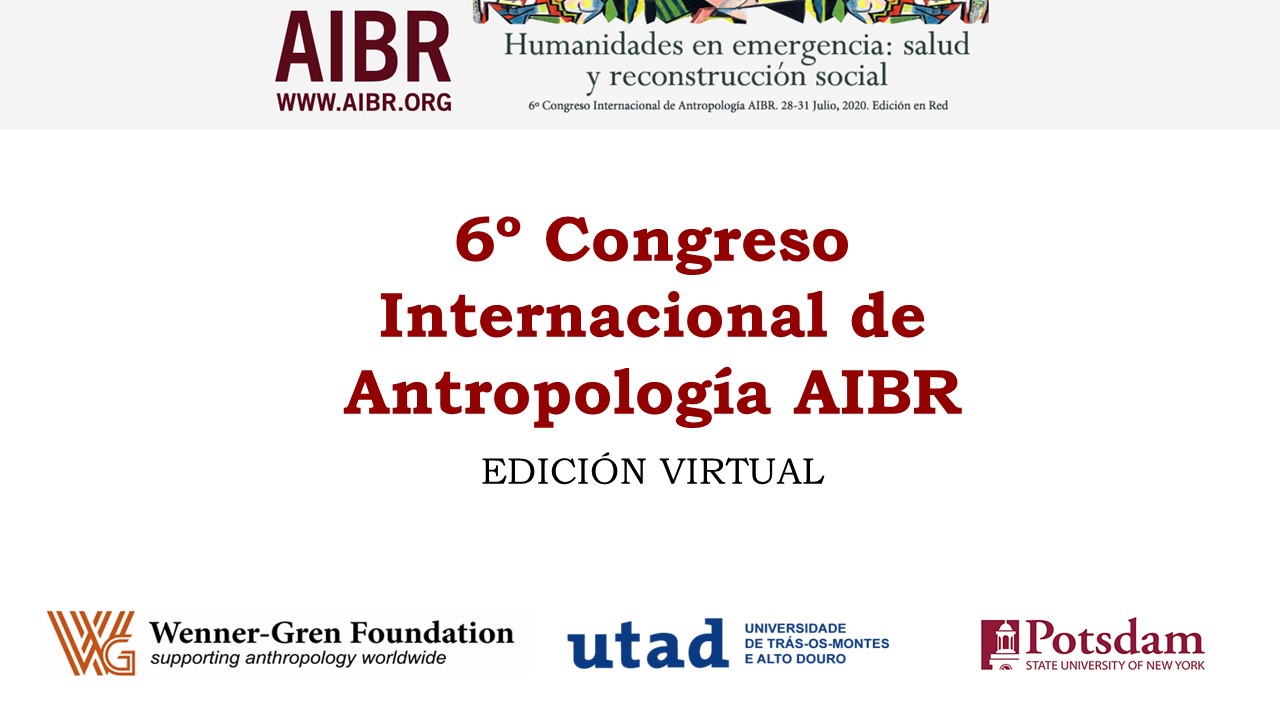Christianization and Language: Linguistic Anthropological Analysis on Gender Indexicality in the Jesuit Missions of Chiquitos, South America
Language has been a primary object of concern not only for Christian missionaries but also for ethnographers. Scholars of the "anthropology of Christianity" among others have drawn attention to how language is conceived and manipulated by the Christian missionaries whose aims had been a conversion of non-Christian people all over the world. This communication addresses the role of language in missionary activities and its impact on local societies after Christianization. The case I treat in this communication is the process and consequence of the Christianization of the indigenous population in the Jesuit Missions of the Chiquitos region, South America (17-18th centuries). Drawing on the theoretical perspectives of the North American linguistic anthropology on "indexicality" and "metapragmatics", I reframe missionary activities as attempts to implant the "Christian" way of speaking and singing among non-Christian people, which often results in profound changes in local verbal behaviors. Specifically, I focus on the "genderlect" of native Chiquito language, which consists of male and female varieties, and explain how the Jesuits metapragmatically conceptualized and differentiated their usages in the religious life in the missions. After this historical description, I discuss the consequence of the change in the social indexical meanings of each genderlect, focusing on my ethnographic data of two ritual speeches in Chiquito today: sermón (sermon) and canto (song). I demonstrate how the different ways of using the genderlect in these two speeches, i.e., sermón exclusively in male variety and canto in both varieties, indexically create the "Christian" nature of each speech.










